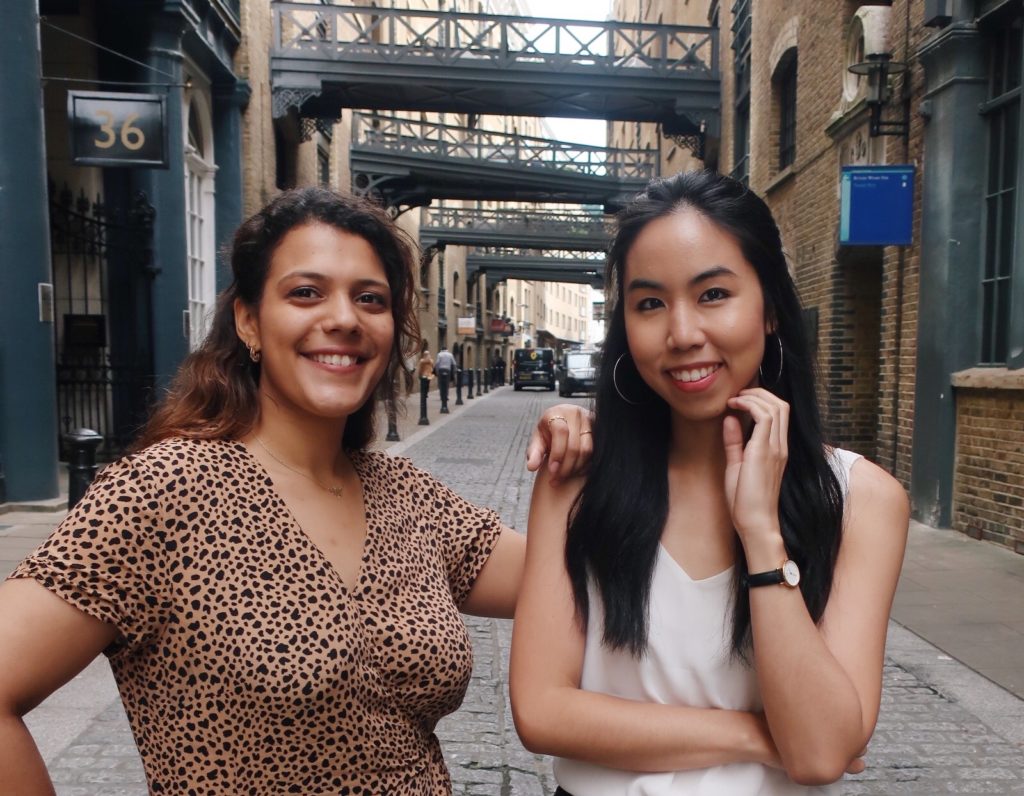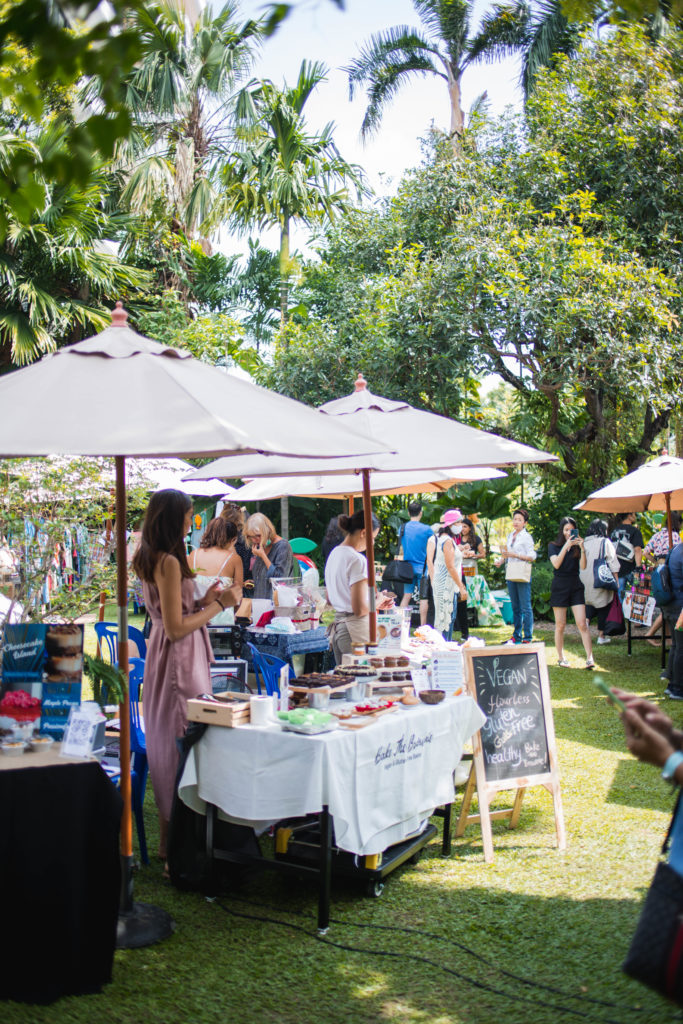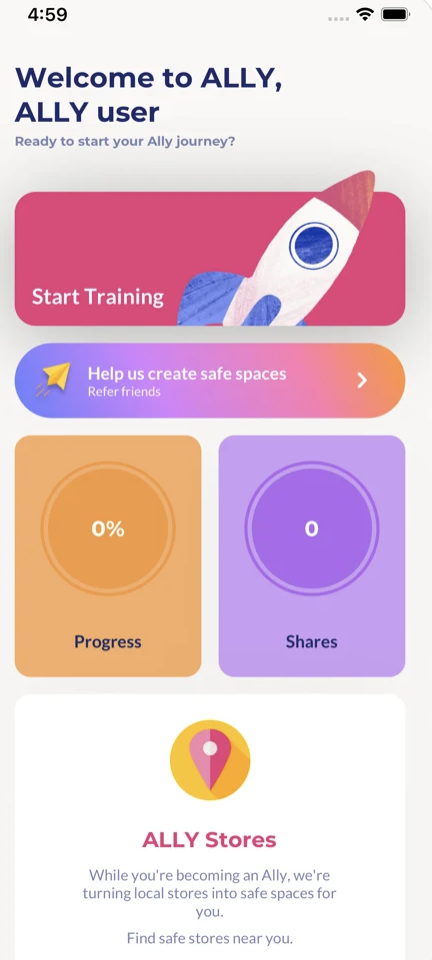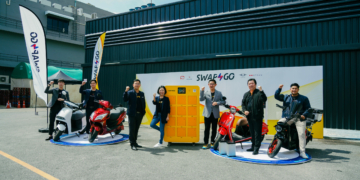
The pandemic has created a series of consequences, adjustments, crises and occasionally, positive opportunities into our lives. For the first time, everybody in the world are experiencing the same limitations, frustrations and a stop to travel.
For a lot of lucky people, the comforting space of home, whether that be a house you live with family, a cozy studio apartment with all the WFH set up that you need, or an apartment with your roommate in the middle of the bustling city-can provide comfort and refuge from the world.
But what about for those who have been confined into their homes during the pandemic, but instead of relishing in time with family, they’re actually becoming victims of domestic abuse? Domestic abuse has increased during lockdown, and the United Nations estimated that domestic violence increased by 20% during 2020’s lockdown orders.
It’s often a very taboo and hushed topic, particularly in Southeast Asia. But that could be changing slowly. We sat down with Net Supatravanij, co-founder of ila Generation and its new app, ALLY to talk about how she’s trying to solve domestic abuse with technology solutions.
The Background
“I have always been interested and passionate about gender equality and women’s rights issues,” says Net. She completed her Master’s Degree in Social Innovation and Entrepreneurship at The London School of Economics, and it was there that she met her co-founder, Julie Sané-Pezet.
Pretty much after graduating in 2019, ila Generation was born. The company is based in London, but is also active in Bangkok and Mumbai.
Net is holding down the fort for the Asian side of their activities, whilst her co-founder Julie and the company has employees and interns in London; a cultural melting pot of thriving social innovators.
The Business

The ALLY app is a product of ila Generation, a social enterprise that brings women and entrepreneurs together through three key product lines: Corporate Equity Diversity Inclusion (EDI), Tech solutions and events.
The EDI work is offline and conducted through corporate training programs that aims to foster gender equality and sexual harassment protocols, the tech solutions segment is done via ALLY and is currently focused on the retail sector. The third sector is events, to showcase the importance of community and female entrepreneurship.
“Last year we held our first ever female founders farmer’s market, sponsored by Dove,” says Net, “And then earlier this year in April, we held our second one with great turnout.”
At the events, attendees can roam, network and also listen to panels held together by the ila team and UN Women, a partner of ila Generation.

“Partnering with organizations such as UN Women and other NGOs have been really helpful for us in expanding our reach to communities and companies, and they often act as a bridge for us to get involved with underserved communities.”
Ila’s services include auditing, designing customized tools and policies, and implementing training teams for clients.
For Net, she believes that change cannot be achieved unless you involve all the stakeholders in the value chain; and ALLY focuses on working with the private sector and companies. “I believe that change can be fostered with the private sector.”
The ALLY platform is a product of ila Generation, which is defined as a social enterprise that brings women and entrepreneurs together.
The Product
ALLY, a training application that has just launched on the App Store aims to tackle the bystander problem by training bystanders into becoming potential allies for victims of domestic abuse.

ALLY was designed for corporates and companies that are beginning to recognize the importance of gender equality and women’s rights.
ALLY’s solutions is an online extension of the work that ila already does on ground.
“We worked closely with domestic abuse survivors to design the app, and a human centric design was very important to us,” says Net. Once they mapped out the necessary features and touch points, then a designer was able to bring the colorful app to life with sleek UX/UI.
“When you are tackling something so serious and important like domestic abuse, you don’t want an unfriendly, intimidating platform to scare people away. It was a conscious decision to make the ALLY application refreshing, accessible and easy to use,” says Net.
The team created a training path for retail workers, cashiers and bystanders to support people facing domestic abuse and one to combat street harassment. The “Allies” are trained, using the app as guidance, to look for cues, then direct the victim to receive help.
The ALLY app has a clearly defined mission; to turn bystanders such as cashiers, employees at a retail store and more, into allies that can intervene and offer help if they see signs of distress from shoppers.
This is why ALLY has chosen to tap into the B2B world for partnerships to engage with employees and offer them actionable training.
So how does the application work, exactly?
“ALLY’s app acts as a training tool that enables retail staff to act in real time. More often than not, bystanders don’t react because they simply don’t know what to do,” says Net. “87% of trained bystanders are more likely to help.”
ALLY charges a subscription fee, with varying tiers depending on the company size
The Landscape

There are approximately 300+ apps and tools across the world that is tackling sexual harassment, abuse and domestic violence. However, the majority of them act as hotline directories, but lack actionable tips and training services.
Resources, hotlines and authorities like police don’t directly help with intervention. Training is vital in tackling this.
“One key differentiator ALLY has from the rest is that we offer very specific training tools for the retail sector, there’s not a lot of people tackling this space.”
Beyond that, Net also addresses the very specific challenges we see in Thailand and Southeast Asia.
“Thailand actually has a very high number of female CEOs and women in leadership roles. That’s not a problem here, but what’s lacking is support for abuse and gender based violence,” says Net. “We’re a society that likes silence and one that keeps things behind closed doors.”
This cultural norm has translated to unreported cases and lack of sufficient intervention.
“This is one of the reasons why we created ALLY, to directly tackle this problem beyond just providing hotline numbers.”
Thailand is still generations behind in dealing with sexual harassment, domestic violence and equality issues in that sense. However, our corporate world is filled with successful women who are thriving. In politics though, women in leadership roles is almost non existent.
What about feminism as a sector?
Is feminism a problematic and polarizing term? Net thinks so.
“It’s definitely a polarizing term, especially for those who are not ready to face the issue. If you ask me if I’m a feminist, I am a hundred percent. You cannot bring about change if you polarize people,It’s a term that scares a lot of people.”
“We never use the word feminist in ila’s communication, we always use the word equality, because we are driven towards a bigger goal of achieving quality for everyone.”
The Challenges For Gender Equality

Domestic abuse, gender equality and women’s rights are still being seen as nice to have additions to a corporate’s agenda, and particularly in a difficult Covid year, companies are struggling to maintain headcount, balance work and restrictions and everything in between.
“The biggest challenge for me is getting companies to actually care about domestic abuse,” says Net. “We spend so much time talking to companies and telling them that gender equality solutions are worth investing in.”
It’s an ongoing challenge to find brands that understand and value ALLY’s mission, but Net is determined. “We have seen positive reception to our partners in the UK, and I think for markets such as Thailand, we have to continue our work and drive the conversation.”
We asked Net about the challenges of measuring success for ALLY, and what kinds of metrics the company uses to define a “successful campaign”, as such. One thing with social missions is that it can be challenging to correctly define and measure.
“We use several different metrics to define success, such as Social Return on Investment (SROI), where we are able to accurately measure the positive impact,” says Net.
One key challenge is to do with the solution itself; a big reason why women don’t typically leave their domestic abuse situation is simply because they are unable to support themselves, or have anywhere to go. It is difficult to tackle this gap, but Net says she has a plan in place.
“When we were working with communities in India, ila Generation actually conducted skills workshops for women to learn and become more independent. This has to be an ongoing mission, it takes time and a lot of hard work.”
What’s Next For ALLY?
Apart from continuing to build and manage teams across the globe, Net has big plans for ila Generation and ALLY.
The next steps: launching ALLY in the UK and hopefully Thailand, and then expand into other sectors.
“The long term goal is to get corporates and companies to recognize the value of equality through our solutions, carrying on the conversation and ultimately, moving the needle in achieving gender equality for women,” says Net.
“The core of what we do is about communities. At the end of the day, our offline training sessions and tech solutions are a part of that core value.”




